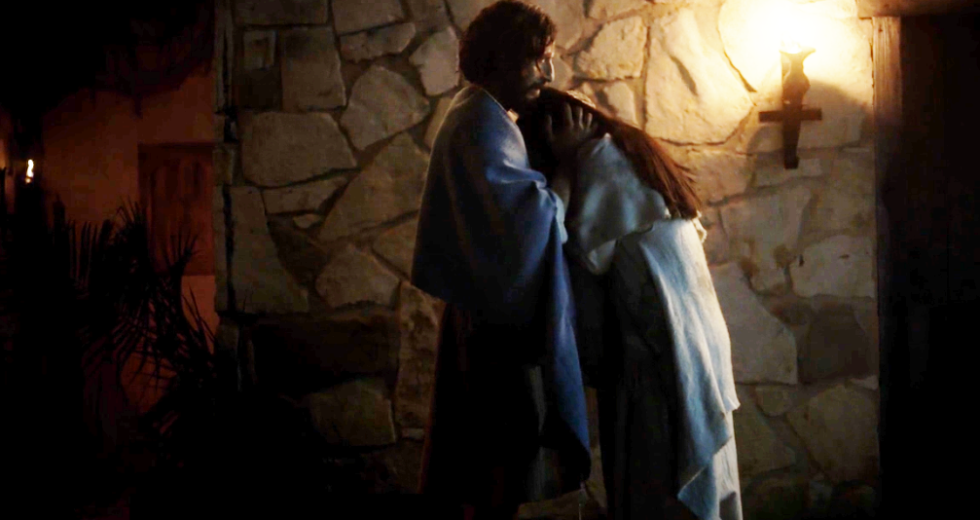
Featured Song All
All Songs
Better Than Life

Psalm 63:3-4
Because your love is better than life,
my lips will glorify you.
I will praise you as long as I live,
and in your name I will lift up my hands.
Psalm 28:7
The Lord is my strength and my shield;
my heart trusts in him, and he helps me.
My heart leaps for joy,
and with my song I praise him.
Psalm 145:1
I will exalt you, my God the King;
I will praise your name for ever and ever.
Jeremiah 17:14
Heal me, Lord, and I will be healed;
save me and I will be saved,
for you are the one I praise.
Another Day

Sometimes it’s easy to get stuck in the “poor me” mentality and ask yourself repeatedly, “WHY ME???” God told us in the bible that the world would come against us if we are living in His will, because the “world” only cares about the “world.” The goals and aspirations of people might be drastically different from those living in His will.
2 Corinthians 7-9
7.) But we have this treasure in jars of clay to show that this all-surpassing power is from God and not from us. 8.) We are hard pressed on every side, but not crushed; perplexed, but not in despair; 9.) persecuted, but not abandoned; struck down, but not destroyed.
Damaged

In a beautiful scene from the TV show The Chosen, Mary Magdalene stands before Jesus and simply says, “You redeemed me, and I just threw it all away” (as if any of us can remain unchanged or unaffected by anything in the world). Earlier, she tells Matthew, “…He already fixed me once…and I broke again.” We cannot live with the mindset that God expects anything from us other than a willingness to give Him our heart. That’s it. He knows we are imperfect, and as the hymn states, “morning by morning new mercies I see.”
No one is ever too far to be forgiven and redeemed. The same shame that Adam and Eve felt in the garden is a result of our conscience and realization that we are indeed sinners. We may feel we are “damaged” beyond repair, but realizing we need God in order to face seemingly insurmountable circumstances is truly the first step in humility!
Somedays

It seems we hear quite often how things were so much better in years gone by, with many reminiscing about a simpler time when life seemed more carefree. However, I believe it’s not necessarily the big moments we long for, but the small, everyday details that we often overlook or take for granted in the present. These little things—the ones that evoke a sense of comfort, nostalgia, or connection—are what we end up missing the most as time passes.
This song captures and represents many of those sentiments, reflecting the things I frequently hear people mention when they talk about the past and what they wish they could experience again.
The Gate

The idea of a gate between our universe and another one is a fascinating concept rooted in the theories of multiverses and quantum mechanics. While it remains purely speculative, some physicists theorize that if parallel universes exist, they may be connected through wormholes or other cosmic bridges. These hypothetical gates could serve as portals, allowing travel between different realities. However, without experimental evidence or a deeper understanding of the universe’s fabric, the existence of such gateways remains within the realm of science fiction. Still, it’s a captivating idea that fuels both imagination and scientific curiosity.
